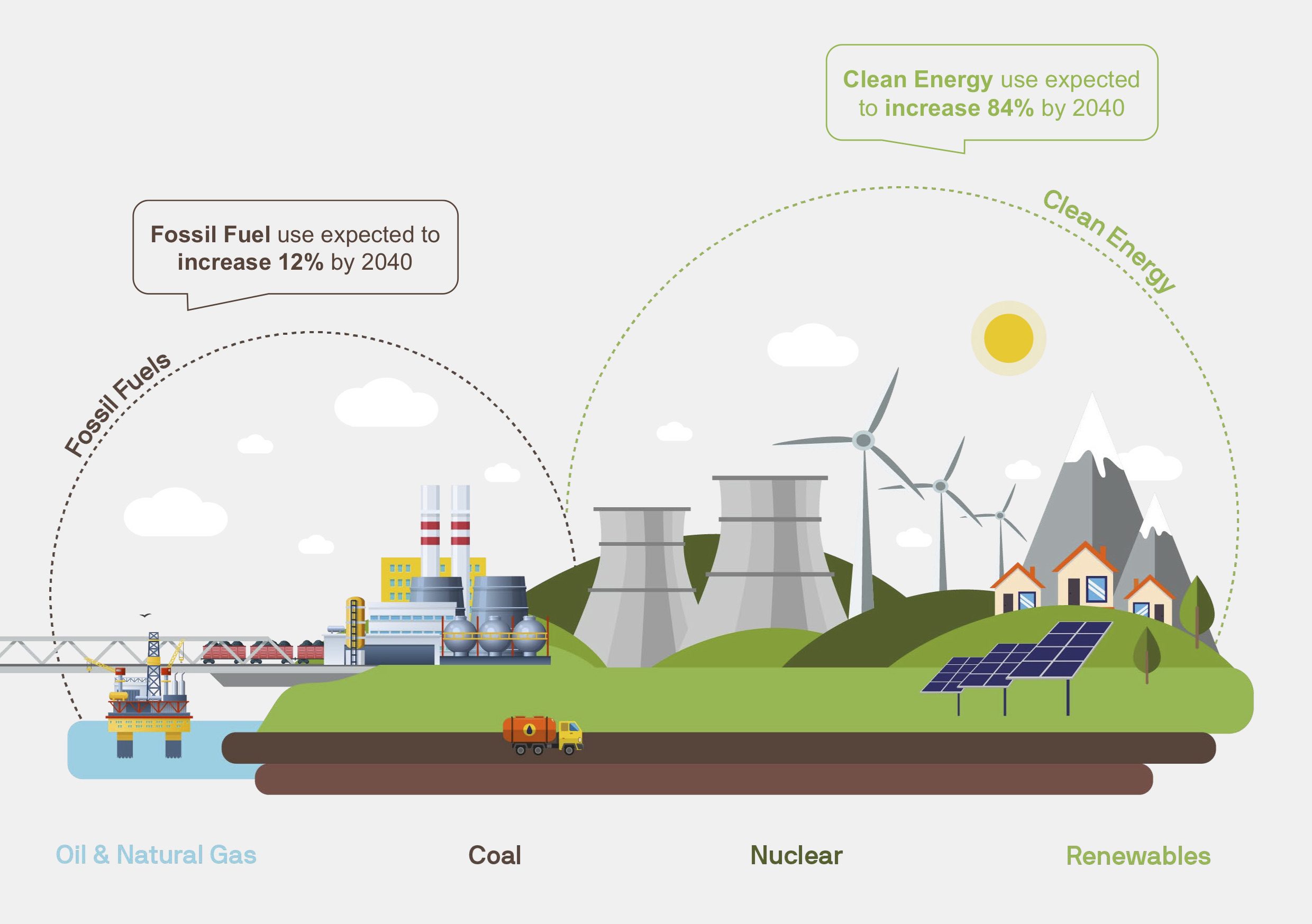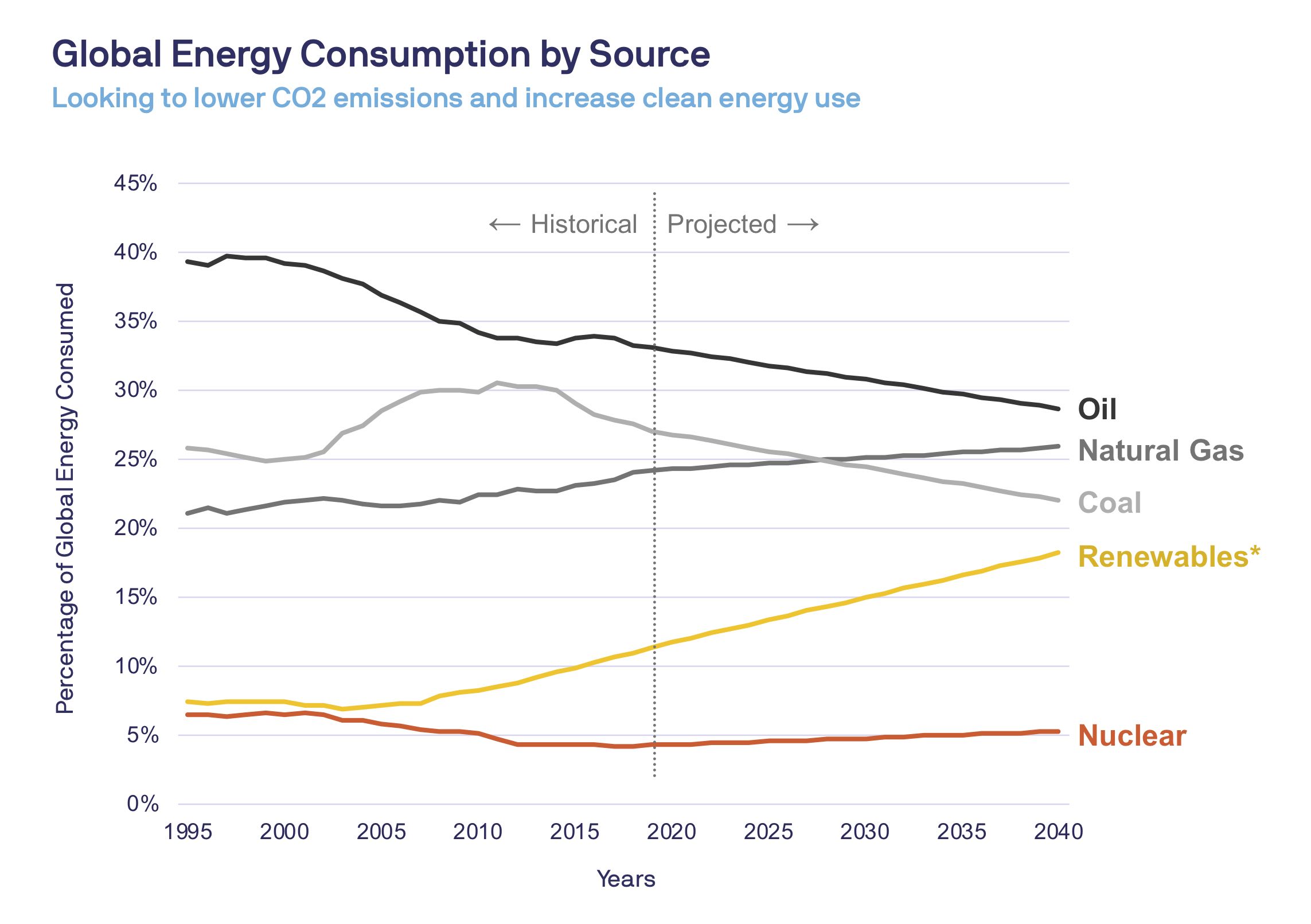With rising environmental concerns and an increasing demand for fuel and electricity around the globe, companies across the Energy sectors are under more significant pressure than ever to deliver clean, reliable, and affordable energy.
The success of these companies has substantial economic and environmental implications. The scale of a typical energy project is massive when compared to other industries. Hence, their projects are highly regulated by local governments and face intense public scrutiny.
For example, decommissioning a Nuclear power plant can take at least seven years for decontamination with up to 60 years of dismantling after that. In comparison, a typical Automotive Industry project lasts 5 years and is shrinking.
Energy projects are not only extremely time-consuming but also resource-intensive, both of which are very costly. Effective risk, schedule, and cost management are therefore vital to these projects. Yet, companies too often fall behind schedule, spend over budget, and endure costly issues.
To compound this, the Energy industry encompasses a broad group of sectors: Oil & Natural Gas, Coal, Nuclear, Wind, Solar, Hydro, Geothermal, etc. Each contains very different types of organizations and projects; what constitutes for risk in wind projects is far different than in Nuclear. Nevertheless, they all share a similar challenge: to produce more energy at a lower cost with fewer emissions.

Oil & Gas: These two types of fossil fuels have been the world’s primary source of energy for decades and will continue to be for the foreseeable future. Natural Gas is expected to increase in demand, more than Oil, as it is the cleanest of the fossil fuels.
Coal: As a high-carbon-emitting fossil fuel, coal consumption is not expected to increase significantly in the next decades. Therefore, organizations are investing less in this energy source.
Nuclear: Nuclear power is currently the most efficient source of low-carbon energy. As such, investment in this sector should increase more than it currently is for a greater reliance on clean energy.
Renewables: Renewable energy is collected from sources that are naturally replenished on a human timescale. This sector is seeing advancements in technology and greater investment as the need for clean energy grows.
Each organization is taking a different strategy to achieve this: investing in more efficient processes, entering greener markets, or even innovating new energy solutions. On the road to zero emissions by 2050, how companies shift their strategy to supply clean energy will determine who competes in the industry going forward. And only those with robust and adaptable project, program, and portfolio management practices will survive.

Let’s explore a few different sectors within the Energy Industry, including Oil & Gas, Nuclear, and Renewables. Continue below to download the full article, no contact details required.
This includes:
We combine our expertise with a fine knowledge of the industry to deliver high-value project management services.
MIGSO-PCUBED is part of the ALTEN group.
Find us around the world
Australia – Canada – France – Germany – Italy – Mexico – Portugal – Romania – South East Asia – Spain – Switzerland – United Kingdom – United States
© 2024 MIGSO-PCUBED. All rights reserved | Legal information | Privacy Policy | Cookie Settings | Intranet
Perfect jobs also result from great environments : the team, its culture and energy.
So tell us more about you : who you are, your project, your ambitions,
and let’s find your next step together.
Dear candidates, please note that you will only be contacted via email from the following domain: migso-pcubed.com. Please remain vigilant and ensure that you interact exclusively with our official websites. The MIGSO-PCUBED Team
Choose your language

A monthly digest of our best articles on all things Project Management.
Our website is not supported on this browser
The browser you are using (Internet Explorer) cannot display our content.
Please come back on a more recent browser to have the best experience possible
